Beginner’s Guide to Trading: Getting Started in the Financial Markets
Introduction
Trading in the financial markets can seem overwhelming at first, but with the right knowledge and tools, anyone can get started. Whether you’re looking to trade stocks, forex, or cryptocurrencies, understanding the basics is essential. In this beginner’s guide, we’ll walk you through the key concepts, platforms, and strategies you need to know to start your trading journey.
1. Understanding the Financial Markets
Before you dive into trading, it’s important to understand the different types of financial markets:
- Stock Market: This is where shares of publicly traded companies are bought and sold. The stock market is ideal for those looking to invest in companies and benefit from their growth over time.
- Forex Market: The forex (foreign exchange) market involves trading currencies. It’s the largest and most liquid market in the world, suitable for traders interested in speculating on currency movements.
- Cryptocurrency Market: A relatively new market, cryptocurrencies like Bitcoin and Ethereum offer opportunities for high-risk, high-reward trading.
- Commodities Market: Here, traders buy and sell physical goods like gold, oil, and agricultural products. Commodities trading can be a hedge against inflation or a play on global supply and demand dynamics.
2. Choosing the Right Trading Platform
Your trading platform is your gateway to the markets. Choosing the right one is crucial for your success. Here’s what to consider:
- User-Friendly Interface: As a beginner, you’ll want a platform that’s easy to navigate. Look for one with intuitive tools and clear instructions.
- Educational Resources: Many platforms offer tutorials, webinars, and other educational resources. These can be invaluable as you learn the ropes.
- Low Fees and Commissions: Trading costs can eat into your profits. Look for a platform that offers competitive fees.
- Access to Markets: Ensure the platform provides access to the markets you’re interested in, whether it’s stocks, forex, or cryptocurrencies.
3. Key Terms Every Beginner Trader Should Know
Understanding basic trading terminology is essential. Here are a few key terms:
- Bid/Ask Price: The bid price is what buyers are willing to pay, while the ask price is what sellers are asking for. The difference between the two is called the spread.
- Leverage: Leverage allows you to control a larger position with a smaller amount of capital. While it can amplify gains, it also increases risk.
- Margin: Margin is the amount of money required to open a leveraged position. It’s essentially a good faith deposit with your broker.
- Volatility: This refers to the degree of price movement in a market. High volatility means prices can change rapidly, which can be both an opportunity and a risk.
- Liquidity: Liquidity measures how easily an asset can be bought or sold without affecting its price. High liquidity means trades can be executed quickly.
4. Basic Trading Strategies for Beginners
As a beginner, it’s important to start with simple, manageable strategies:
- Buy and Hold: This long-term strategy involves buying a stock or asset and holding onto it for an extended period, regardless of short-term fluctuations.
- Swing Trading: Swing trading aims to capture short- to medium-term gains over a few days or weeks. Traders use technical analysis to identify entry and exit points.
- Day Trading: Day trading involves buying and selling within the same trading day, aiming to profit from small price movements. It requires close monitoring of the markets and quick decision-making.
5. Managing Risk as a Beginner Trader
Risk management is crucial, especially when you’re just starting. Here’s how to manage risk effectively:
- Start Small: Begin with a small amount of capital that you’re willing to lose as you learn.
- Set Stop-Loss Orders: A stop-loss order automatically sells your position if the price drops to a certain level, limiting your losses.
- Diversify Your Portfolio: Don’t put all your eggs in one basket. Spread your investments across different assets to reduce risk.
- Educate Yourself Continuously: The markets are constantly changing, and so should your knowledge. Keep learning and adapting your strategies.
6. The Importance of a Trading Plan
Before you start trading, create a trading plan. This plan should outline your goals, risk tolerance, and strategies. A well-thought-out trading plan will keep you disciplined and help you avoid emotional trading decisions.
Conclusion
Getting started in trading doesn’t have to be intimidating. By understanding the basics of the financial markets, choosing the right platform, and adopting simple strategies, you can begin your trading journey with confidence. Remember, trading is a skill that takes time to develop, so be patient, manage your risk, and keep learning. With dedication and discipline, you’ll be on your way to becoming a successful trader.

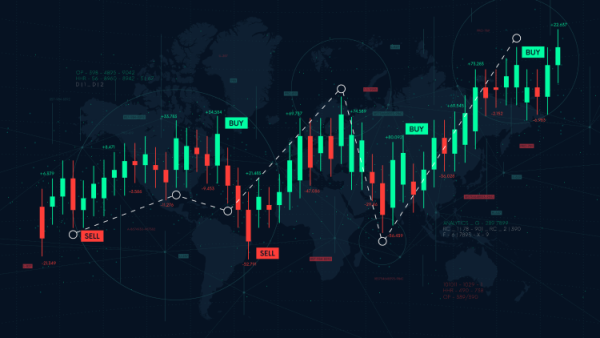
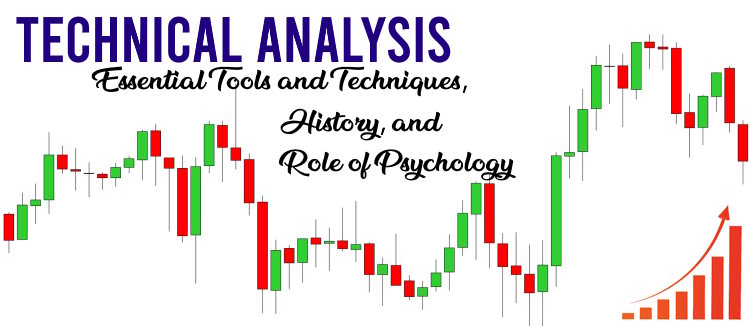

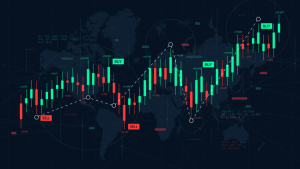
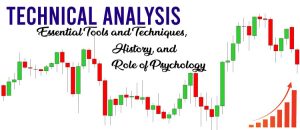




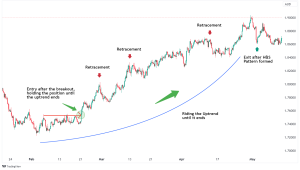
Post Comment